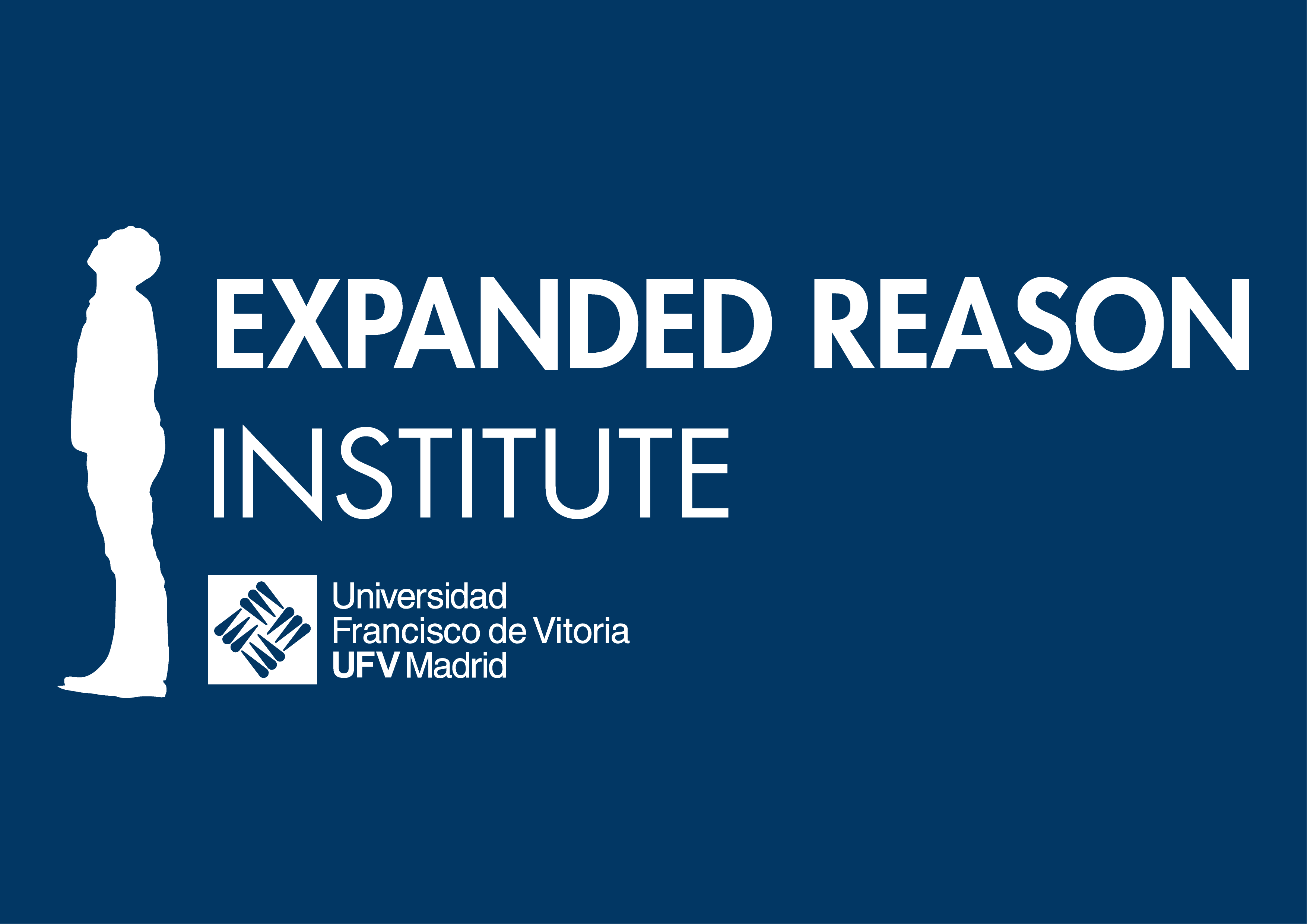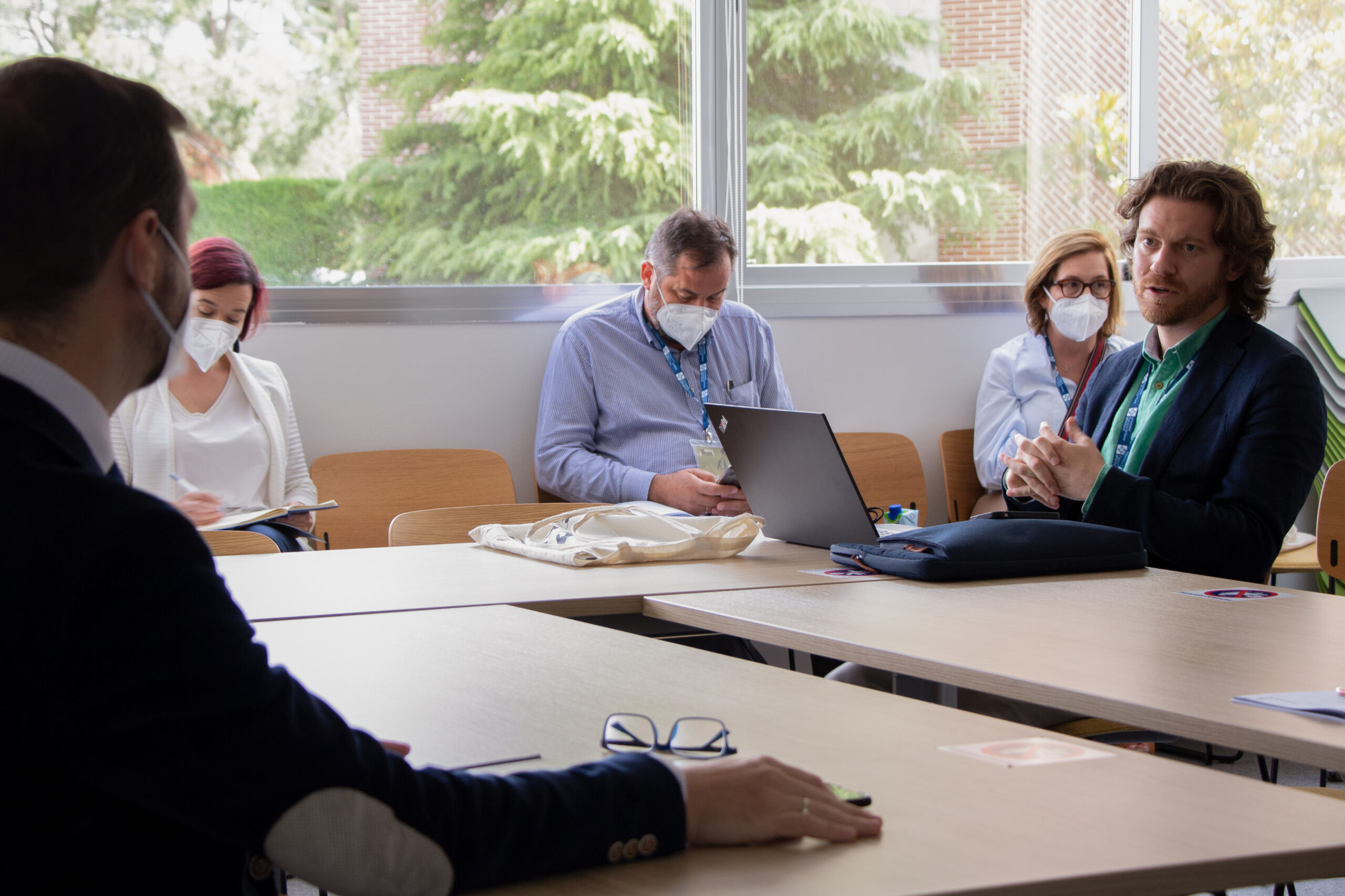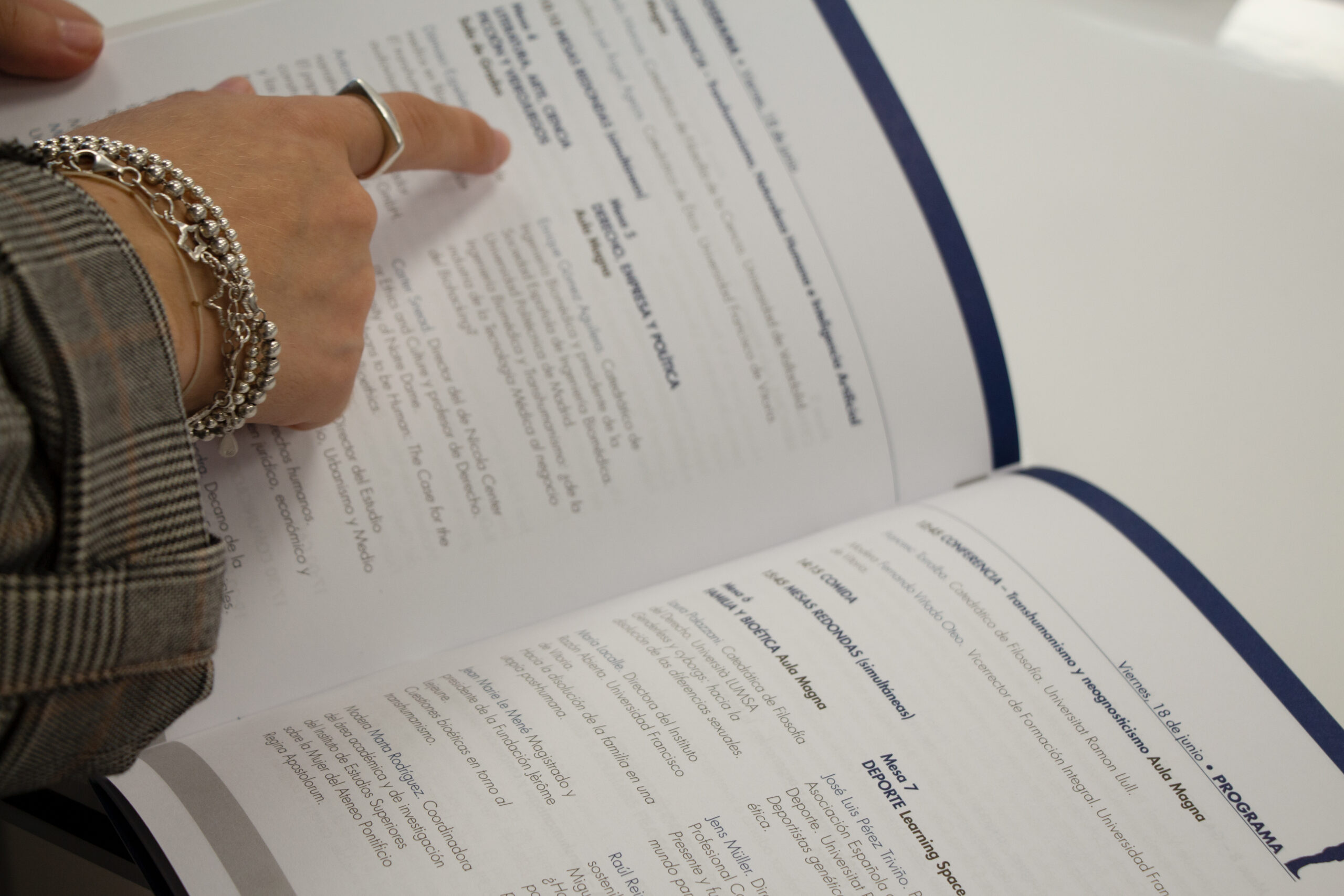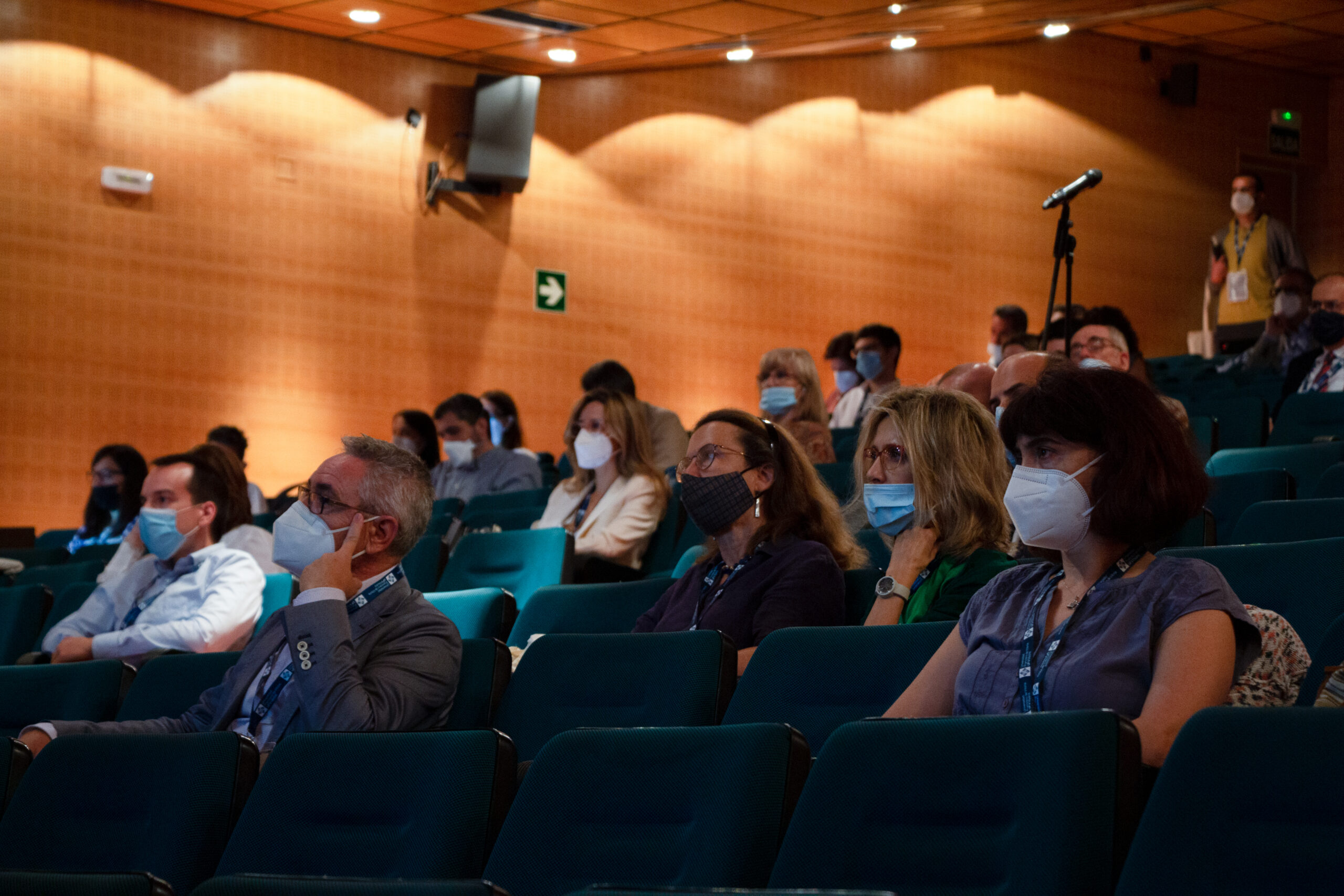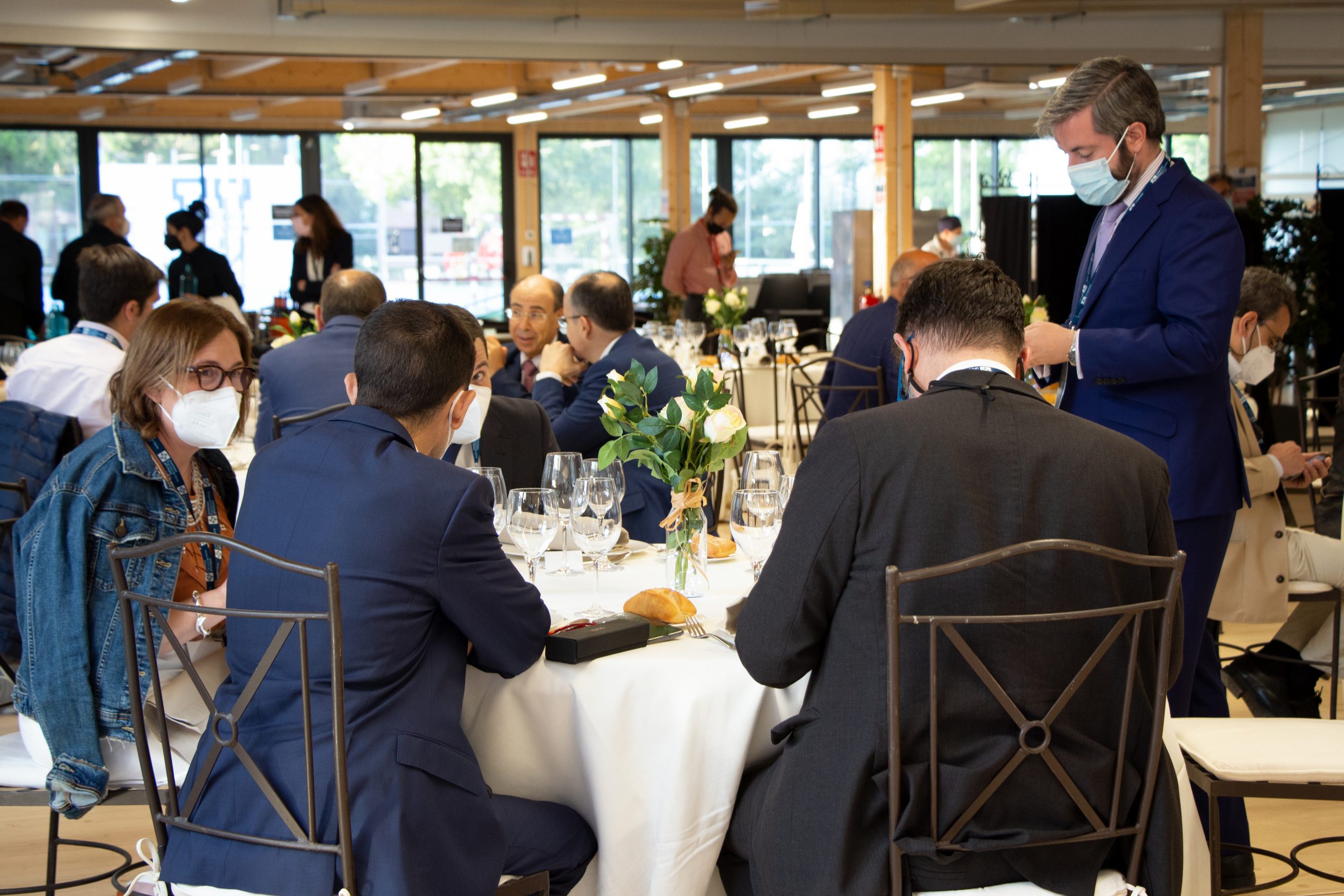Expanded Reason Conference 2021
Transhumanismo: ¿Homo Sapiens o Cyborg?
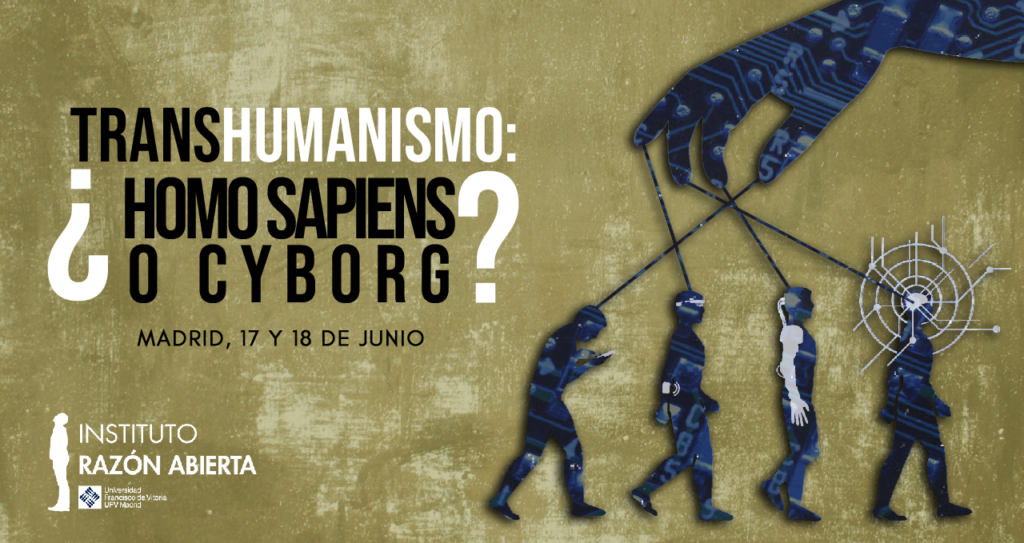
Transhumanism has been defined as “a cultural, intellectual and scientific movement that affirms the moral duty to improve the physical and cognitive capacities of the human species, and to apply new technologies to human beings, so that undesirable aspects of the human condition can be eliminated, such as suffering, illness, aging and even mortality”. Thus, Nick Bostrom, one of the major theorists of this field, affirms that “Transhumanism” represents a new operational conception of the future of man. This conception brings together scientists and experts from different scientific fields: Artificial intelligence, neurology, nanotechnology, genetics and other researchers in applied biotechnology. These experts are joined by philosophers with the same goal: to alter, to “improve” human nature and prolong its existence.
Transhumanism, a theory or cultural paradigm, raises numerous scientific-technical, philosophical-anthropological, bioethical and legal questions, contemporary issues, but above all questions for future generations. All of them will be the subject of study and analysis at the conference “Transhumanism: homo sapiens or cyborg?”
Do we have a moral duty to improve the human species? What concept of the human being underlies the transhumanist approach? Is there a possibility of a spiritual dimension and openness to transcendence in this perspective? What role do science and technology play in the transhumanist ideal? What are the bioethical implications of the interventions proposed by transhumanists? What role do fiction and literature play in the anticipation of possible worlds? Is transhumanism a utopia? Is it a new form of techno-scientific gnosticism? Where are we going as a species? Is our species destined to become extinct or to be surpassed by the posthuman? To answer all these questions our conference will have specialists in science, technology, philosophy, art, cinema, bioethics, law, theology, etc., who will analyze from an interdisciplinary perspective and expanded reason all the issues raised by this paradigm of the human.
Organising Committee
Scientific Committee
This is how the IV Expanded Reason Conference on Transhumanism went
The Expanded Reason Conference on Transhumanism was held on 17th and 18th June 2021 at the Universidad Francisco de Vitoria. The meeting was attended by more than 30 speakers and 250 participants who participated in person and online from different parts of the world.
The issue addressed, Transhumanism, is a phenomenon that especially concerns the university because it brings into play all the sciences and their understanding of the human being. For this reason, the programme included sessions offering different approaches, from Philosophy, Science, Medicine, Law, Politics, Bioethics, Family, Sport, audiovisual communication and Theology, among others. To this end, representatives from different branches of knowledge discussed at 8 round tables, there were also lectures with guests such as Anders Sandberg, Alfredo Marcos, Francesc Torralba and Juan Arana as well as a total of 46 papers presented.
Elena Postigo, director of the conference, explained during the closing ceremony that along the meeting different questions had arisen: anthropological (who are we and who is the posthuman), epistemological (will science, with its limits, be able to respond to the longings of human beings), ethical (what must we do to become truly human) and meaning kind. Therefore, it has been a practical exercise of expanded reason and there has been real interdisciplinary dialogue.
46 PAPERS
A total of 46 papers were presented, divided into 9 panels on different topics: Engineering and Transhumanism; Theology, Philosophy and Politics; Transhumanism and Authors; Health Sciences and Bioethics; Transhumanism, Limits and Death; Transhumanism and Philosophy (I and II); Law, Economics and Business Administration; and Communication, Education and Fine Arts.
See the published records.The conference in the media
MARÍA LACALLE: “WE ARE CORPORAL BEINGS, AND WITHOUT CORPORALITY THERE IS NO FAMILY”


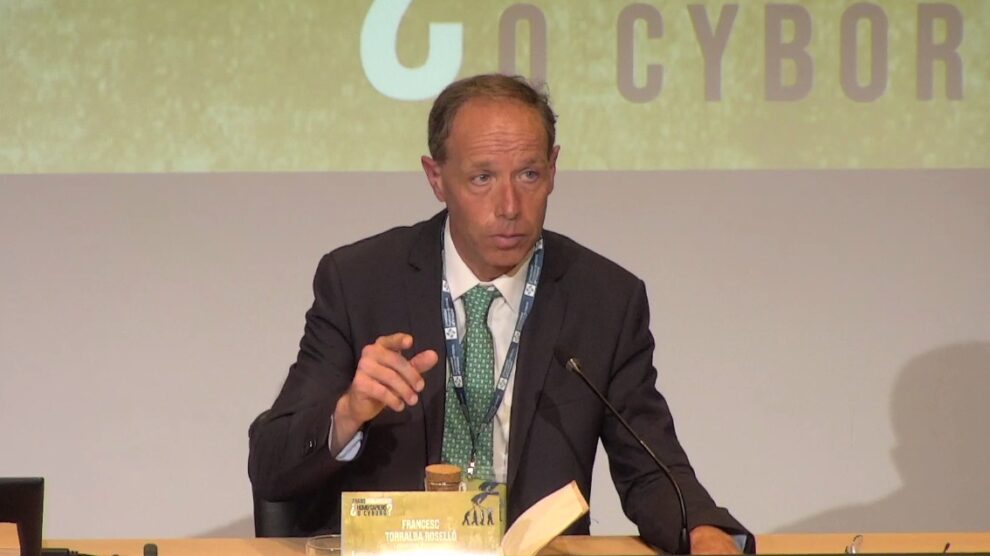
Ecclesia magazine highlights the paper of Francesc Torralba Transhumanism and neognosticism in which the philosopher discussed the connections between transhumanism and current ideologies around the conception of identity.Read more.

Alpha y Omega delves into the desire for improvement inherent in human life and the different responses to the desire for transcendence, based on one’s own efforts -as is the case with transhumanism- or supported by the Spirit, from the Christian perspective. Read more.
